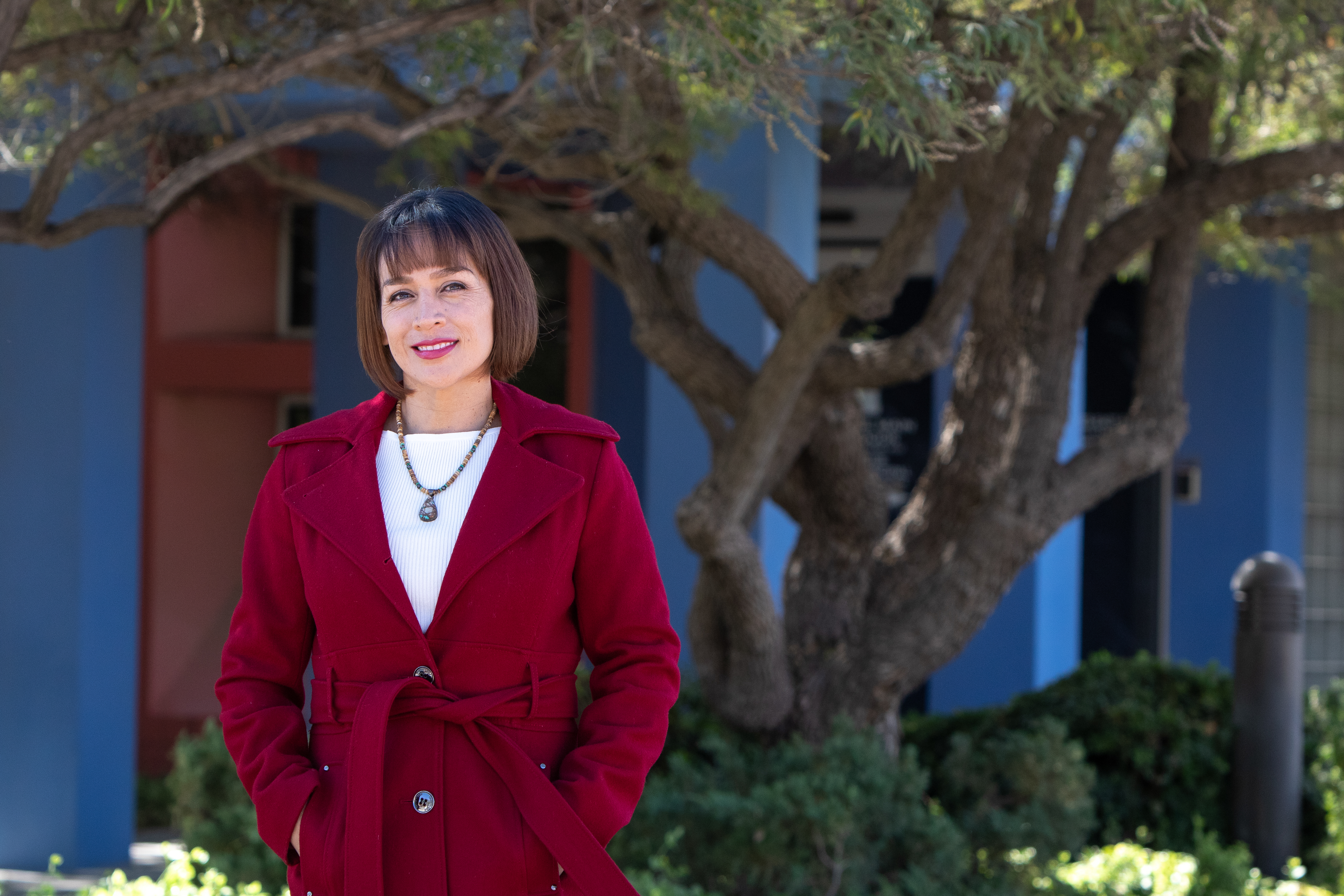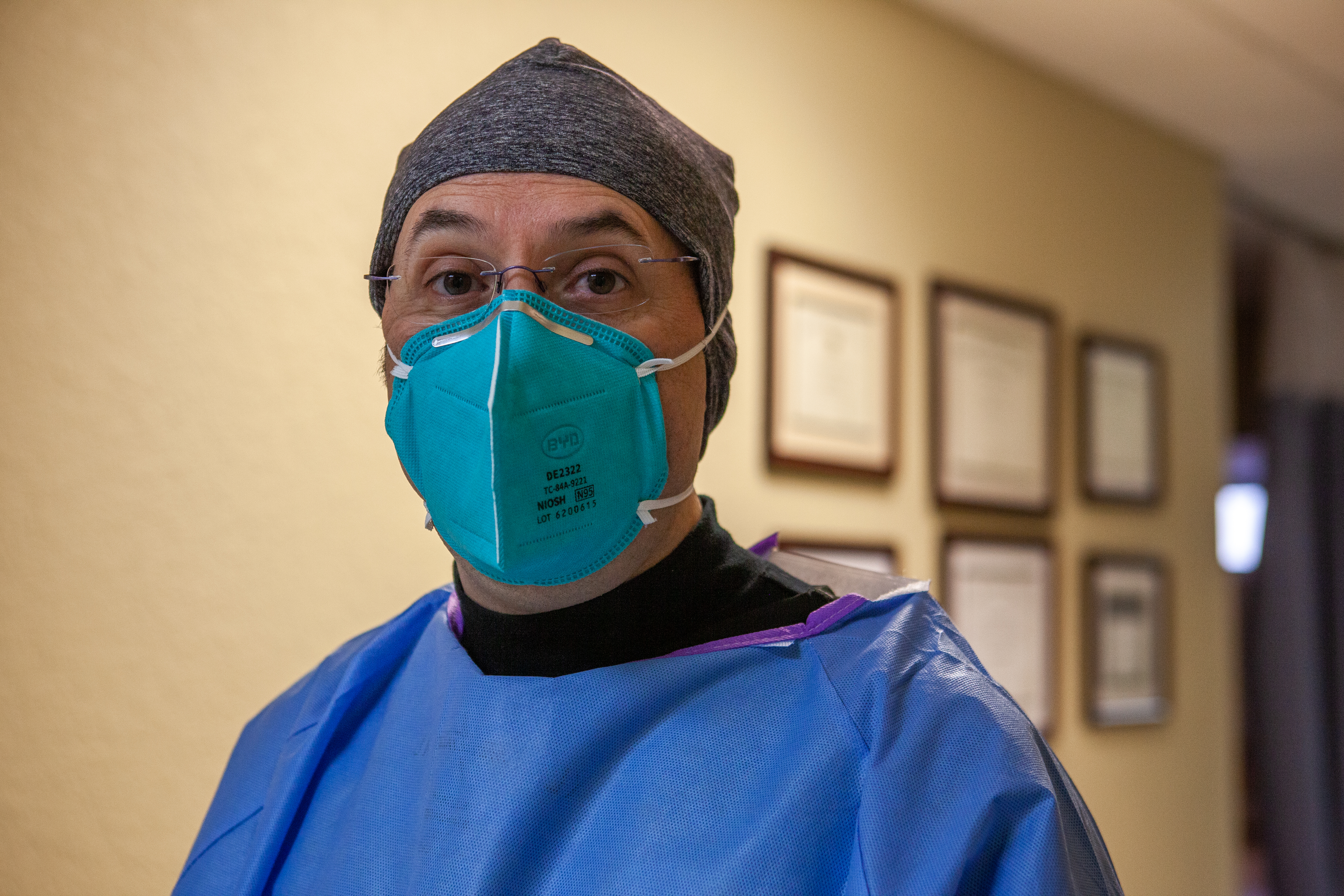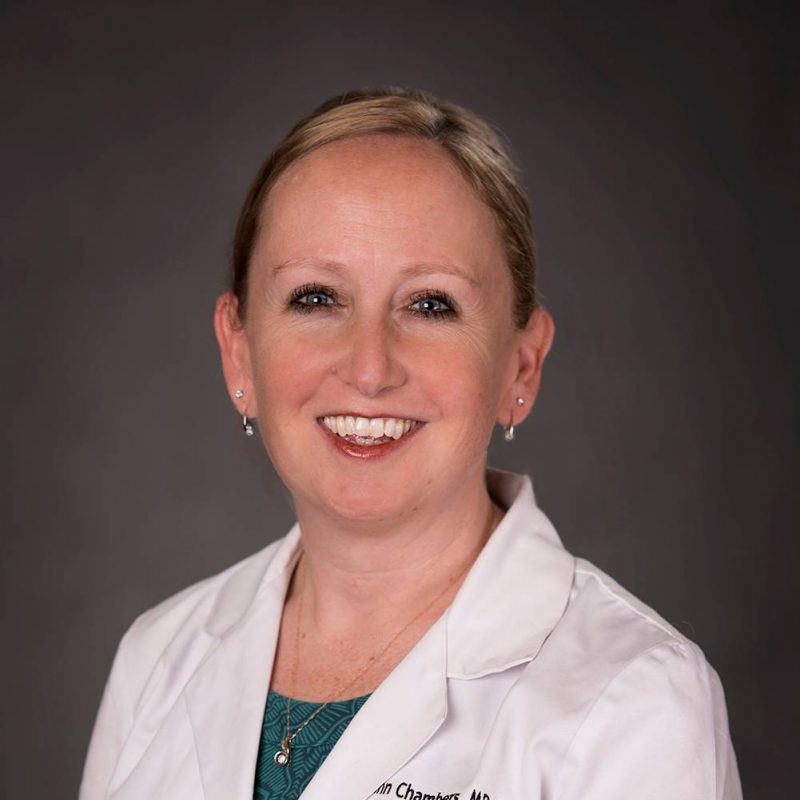Valentine’s Day has been forever changed for El Pasoan Norma Lowry, who was diagnosed with breast cancer on that date this year.
The 36-year-old Army veteran and mother of two did not have a history of cancer in her family, but she discovered a lump on her breast in November 2019.
Medical experts say breast self-awareness — which includes knowing family risk factors, getting annual screenings and being familiar with one’s own breasts to be able to note any changes — can lead to early detection of a breast cancer diagnosis.
During October — National Breast Cancer Awareness Month — numerous groups spread the word to increase awareness of the disease and advocate that women get screened. Such efforts take on added importance during the COVID-19 pandemic.
Lowry said she is active and healthy and had previously taken a genetic test that was negative for cancer genes, but felt she needed to get the lump checked out.
She reached out to Texas Tech Physicians of El Paso and was able to schedule a sonogram, a subsequent mammogram and a biopsy in January and was set to get results during a follow-up appointment Feb. 14.
“On Valentines Day I got the news that I had breast cancer — out of all days I got it on Valentines Day,” Lowry said. “It was a shocker for all of us.”

She had her husband and two young children with her at the appointment when she got the news.
It would be one of the only times she would be able to have her family with her during medical appointments before COVID-19 cases began to spread in El Paso, leading to restrictions for visitors in hospitals and medical facilities.
The news also came just before there was a delay of all elective surgeries, non-essential medical and surgical procedures — including annual breast cancer screenings — during the initial COVID-19 state of emergency.
Dr. Jorge Sarmiento, diagnostic radiology specialist and owner of Professional Radiology, said it is unknown what the long-term impact of the delay for annual screenings will be, but he said a majority of the biopsies he has done since screenings resumed have been positive for breast cancer.

“The (delay) has been the most powerful thing that has happened to us and the meaning is that there is a delayed treatment,” Sarmiento said.
Dr. Karinn Chambers, surgical oncologist with Texas Tech Physicians of El Paso, said despite a delay for annual screenings, women were still getting treatment during the first few months of the pandemic.
“Screening was put off because there was not necessarily an urgency to it, but anyone who had a medical problem or concern or had a breast-related complaint or concern got it taken care of,” Chambers said.
She said since annual screenings have resumed, she also has seen an increase of positive breast cancer cases, but the few months that mammograms were delayed would not change the prognosis or overall survivability.
Chambers said women who had not gotten their annual screening should not be concerned about the few months of delay caused by the pandemic because breast cancer typically progresses very slowly.
“It takes quite an extended amount of time for cancer to advance in stage enough that would require further invasive treatment,” Chambers said.

If breast cancer is diagnosed at stage one or better, Chambers said the survival rate at five years is 100%. At stage two or three diagnosis, the five-year survival is more than 80%, she said.
Lowry was diagnosed with stage one HER2-positive breast cancer. According to the American Cancer Society, HER2 is a protein that promotes growth on the outside of breast cells. Breast cancer cells with higher levels of the protein grow and spread faster than other breast cancers, but respond to treatment.
Lowry said her treatment, which she has undergone during the COVID-19 pandemic, includes chemotherapy, radiation therapies and surgery.
She said when she was diagnosed, she was not necessarily worried because of all of the research that has been done to treat the disease.
“I was going to be a fighter. I just told my husband let’s do one day at a time,” she said.
Lowry said she wanted to take charge of her recovery even though she knew it wasn’t going to be easy. She said she was able to continue running despite the fatigue that comes with chemotherapy.
“I was trying to push myself,” Lowry said of maintaining her six-mile runs during treatment. “It was not easy, but it was not as hard as I expected.”

Lowry was also determined to keep her hair, which her doctors said she would lose as a side effect of the chemotherapy.
She said she used a Penguin Cold Cap to prevent the hair loss. Penguin Cold Caps, made by a company based in the United Kingdom, use crylon gel at cold temperatures to protect hair bulbs by reducing their metabolic rate through cooling during treatments.
“That was something that I wanted to be in charge of and not let cancer be in charge,” Lowry said. “I think just me being able to keep my hair was what kept me in good spirits.”
Because of the pandemic, Lowry and her family have had to take extra precautions such as having groceries delivered to the home and not leaving the house since her immune system is weaker during treatments.
Lowry was also not able to have her family visit her or stay with her during treatments because of COVID-19 restrictions, but said family and friends reached out through video chats, text messages and sent photos to her.
She said her treatments and the surgery have been successful so far, but she may need another surgery in December.
“COVID has made it a little harder, but I think as far as family, it has made us stronger because even though they cannot go with me anywhere I feel like they are there (now) more than ever,” Lowry said.
Know your risk factors
Dr. Karinn Chambers, surgical oncologist with Texas Tech Physicians of El Paso, recommends women keep the following possible risk factors in mind when thinking about breast health.
- Women should begin annual mammograms at age 40, but women younger than 40 years old can practice breast self-awareness and self exams to monitor changes in the breasts
- Women should know their risk factors such as family history of cancer including breast, ovarian and pancreatic cancers
- Women with fibrocystic breast changes, which is when fluid-filled cysts develop along with areas of fibrosis in one or both breasts, should monitor changes
- Women who have had biopsies done in the past should also closely monitor changes in the breasts
- Women should also be aware of changes in their hormones
- Although breast cancer is rare for men, men should also monitor breast health or changes
Cover photo: El Paso Matters journalist Elida S. Perez got a mammogram while reporting this story.


